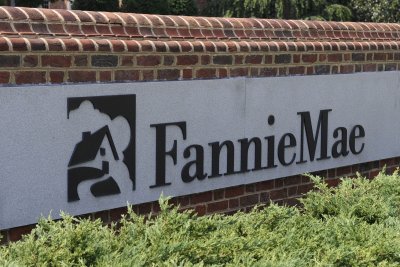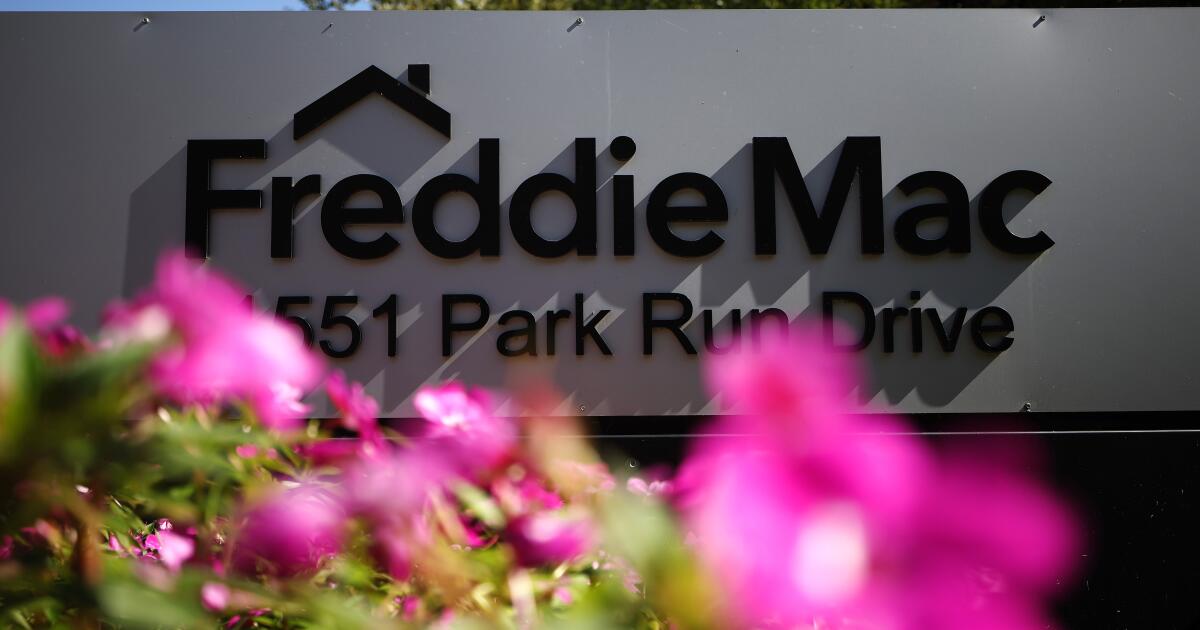Reports: Trump considers stock IPO for Fannie Mae, Freddie Mac

Aug. 9 (UPI) — President Donald Trump reportedly wants the U.S. government to sell Fannie Mae and Freddie Mac stock in a quest to move the mortgage finance companies from full federal control.
The initial public offering, which would be possible the largest in history, was first reported by The Wall Street Journal and later confirmed by CNN and The New York Times.
The outlets reported that the plans have not been finalized for Fannie Mae, which is short for Federal National Mortgage Association, and was created in 1938 as part of President Frank Roosevelt’s New Deal. Freddie Mac, which stands for Federal Home Loan Mortgage Corp., began in 1970 to further expand the secondary mortgage market.
An IPO of up to 15% of Fannie Mae and Freddie Mac could raise $30 billion, according to the media outlets.
The New York Times reported that Trump met with executives from the nation’s largest banks — Jamie Dimon of JPMorgan, David Solomon of Goldman Sachs, Brian Moynihan of Bank of America and Jane Fraser of Citigroup. He asked them to come up with a way to sell shares on the stock market. The companies represent a big portion of the $12 trillion mortgage market.
Wall Street investors also met with Treasury officials, the New York Times reported.
Trump has wanted to privatize the companies since his first term in the White House.
“I am giving very serious consideration to bringing Fannie Mae and Freddie Mac public. …. Fannie Mae and Freddie Mac are doing very well, throwing off a lot of CASH, and the time would seem to be right,” he posted on Truth Social on May 22.
Federal Housing Finance Agency, which currently controls the two companies, has been headed since March by Bill Pulte, the grandson of the founder of PulteGroup, a residential and home construction company. He, too, has favored selling stock in the companies, but has said they should remain under the federal conservatorship.
With interest rates relatively high, CNN reported that some analysts fear the privatization would hurt the mortgage market. This could make it even more expensive to borrow money to buy a new home with high sale prices.
In 2024, Mark Zandi, the chief economist at Moody’s Analytics, estimated privatization would boost the average mortgage by an extra $1,800 to $2,800 each year.
Before the 2008 Great Recession, the companies were private and only backed by the U.S. Treasury, but were placed under what was planned as a temporary government conservatorship.
The market crash was caused as relaxed lending standards fueled banks giving subprime loans to people with poor credit who should not have qualified, and required a $187 billion government bailout to prevent lenders from filing for bankruptcy and a potential crash of the economy.
Fannie and Freddie buy mortgages from lenders and repackage them for investors in a way to keep mortgages more affordable, in addition to guaranteeing bond investors that they will help out if too many borrowers default.
The role has kept mortgage rates relatively low and stabilized the 30-year fixed mortgage, the national rate for which currently stands at around 6.58%.
Jaret Seiberg, a financial services and housing policy analyst at TD Cowen Financial, told CNN in May that the spinoff might not happen until late 2026 or early 2027.
The Treasury Department holds about 80% of the common stock and also has senior preferred shares. Investors Bill Ackman and John Paulson, who endorsed Trump for president, bought shares several years ago with the hope the government would sell stock, according to the Journal and the Times.

